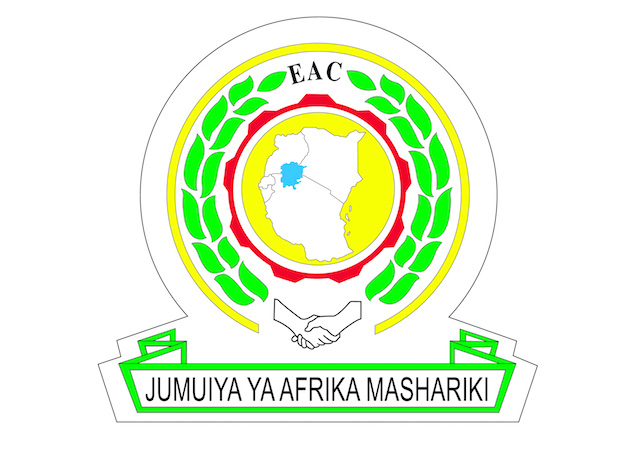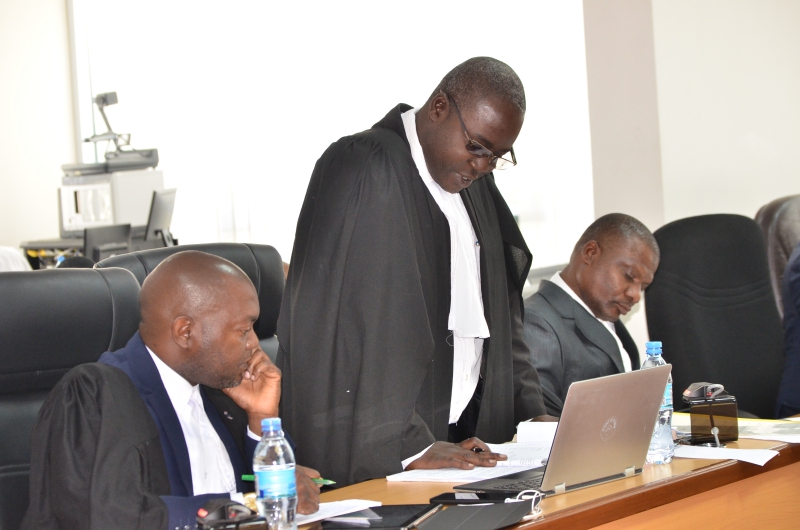
Regional Stakeholder Workshop on EAC Regional Policy for Intellectual Property (IP) set for 25th September 2018 in Nairobi, Kenya
East African Science and Technology Commission, Kigali, 24th September 2018: The East African Science and Technology Commission (EASTECO) is a semi-autonomous institution of the East African Community (EAC) that was established by the fifth Extra-Ordinary Summit of the EAC Heads of State on 18th June 2007, in accordance with the relevant provisions of the Treaty on the Establishment of the EAC to promote cooperation in the development of science and technology. EASTECO’s overall objective is to promote and coordinate the development, management and application of science and technology to support regional integration and socioeconomic development.
Intellectual Property (IP) policy generally seeks to strengthen institutional, national and regional abilities to generate and commercially exploit economically valuable IP assets. The ultimate goal of a sound IP policy is to provide short, medium and long-term plans and guidelines that enable stakeholders effectively work together towards identifying, creating, protecting and commercially exploiting research results, innovations and creative works. IP protection, notably Industrial Property protection also provides a foundation for cooperation between universities, R&D institutions and industry, and promotes the transfer of technologies to productive and creative sectors.
The role of IP in stimulating socio-economic development is globally acknowledged with IP assets contributing significantly to National Gross Development Product (GDP) in developed countries. IP protection promotes innovation and affects commerce throughout the economy by providing incentives to invent. It is noteworthy that once acquired, IP assets spur higher quality research leading to enhanced invention, innovation and creative capabilities; encourage technology transfer, development and adaptation (typically through adaptation of public domain technologies); attract foreign direct investments (FDIs); trigger exploitation of traditional knowledge (TK), traditional cultural expressions (TCEs) and genetic resources.
The EAC IP policy will seek to provide a comprehensive framework for effective IP management, as relates to ensuring IP legislation, regulations, practices and strategies in the EAC region support and facilitate the achievement of Partner States, National Visions and Development Plans, as well as the overarching EAC Vision 2050. The overall objective of the EAC Regional IP Policy is to create a dynamic, vibrant and balanced IP system in EAC partner states. The policy will aim to establish an EAC IP system that can stimulate and drive innovation and creativity.
The purpose of this stakeholders meeting is to validate the draft East African Regional Intellectual Property Policy that will facilitate the harmonization of intellectual property rights across the region. This regional event will also provide a platform and opportunity for participative and constructive dialogue, networking and partnerships between stakeholders in the Science, Technology and Innovation Community.
The expected outputs of the regional stakeholders meeting is draft EAC Regional IP Policy validated and with stakeholders’ recommendation for its improvement
The workshop will gather about 65 stakeholders’ representative from EAC Partner States including National Commission/Council for Science and Technology; Ministries responsible for Science, Technology and Innovation; National Departments responsible for Intellectual Property in EAC Partner States; Universities/Academia; National Research Institutions; Private Business and Civil Society sector and Development Partners (UNESCO and UNECA).
The EAC IP Policy development process has been participatory and included national level consultations in all EAC Partner States.
After this consultative process the reviewed draft Regional Policies will be submitted to the EASTECO Governing Board for adoption before consideration and approval by the EAC Council of Ministers.
For more information please contact:
The Executive Secretary,
The East African Science and Technology Commission (EASTECO),
2nd Floor Telecom House, Kacyiru,
KIGALI – RWANDA.
Email: This email address is being protected from spambots. You need JavaScript enabled to view it. / This email address is being protected from spambots. You need JavaScript enabled to view it.
